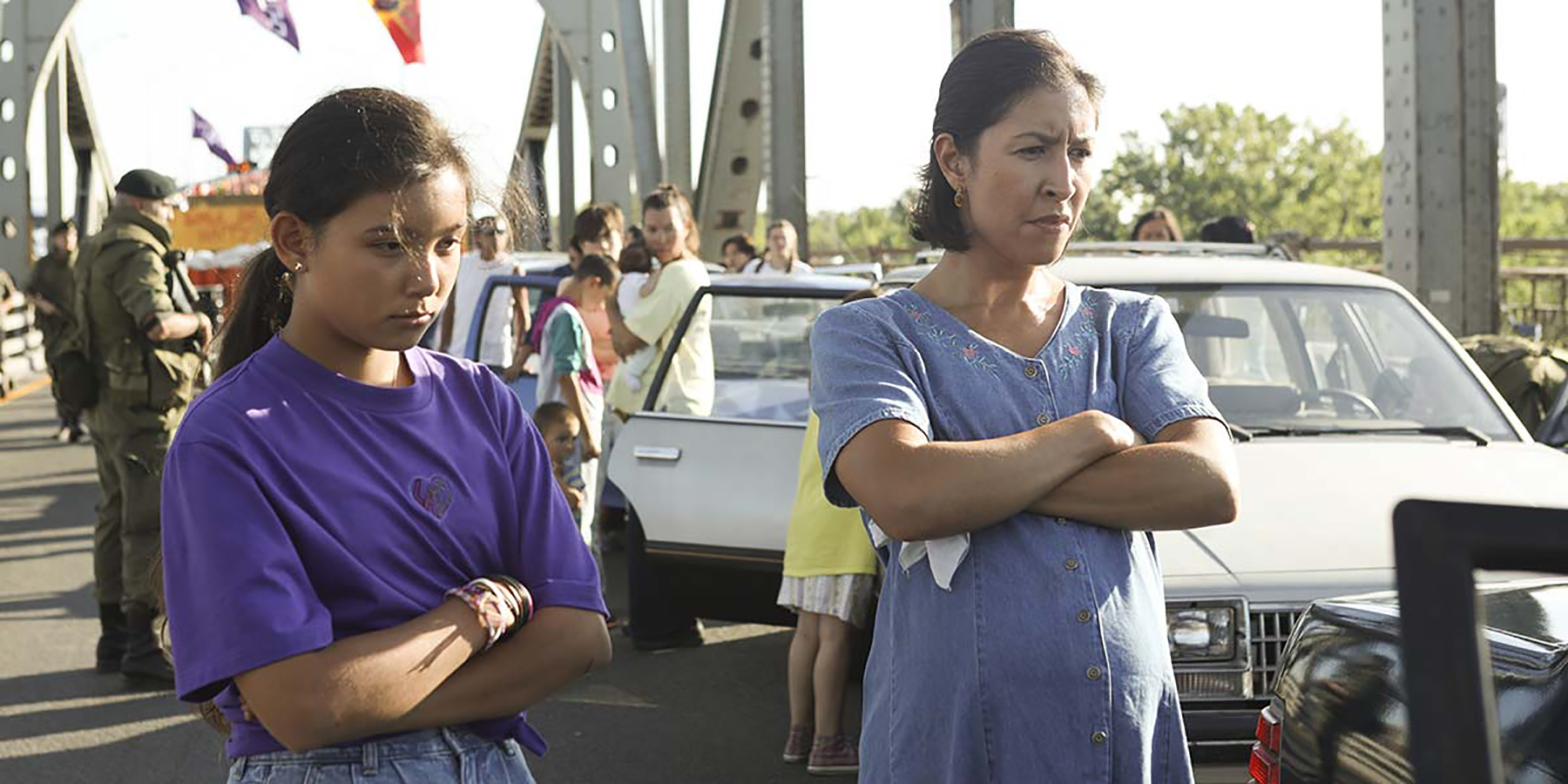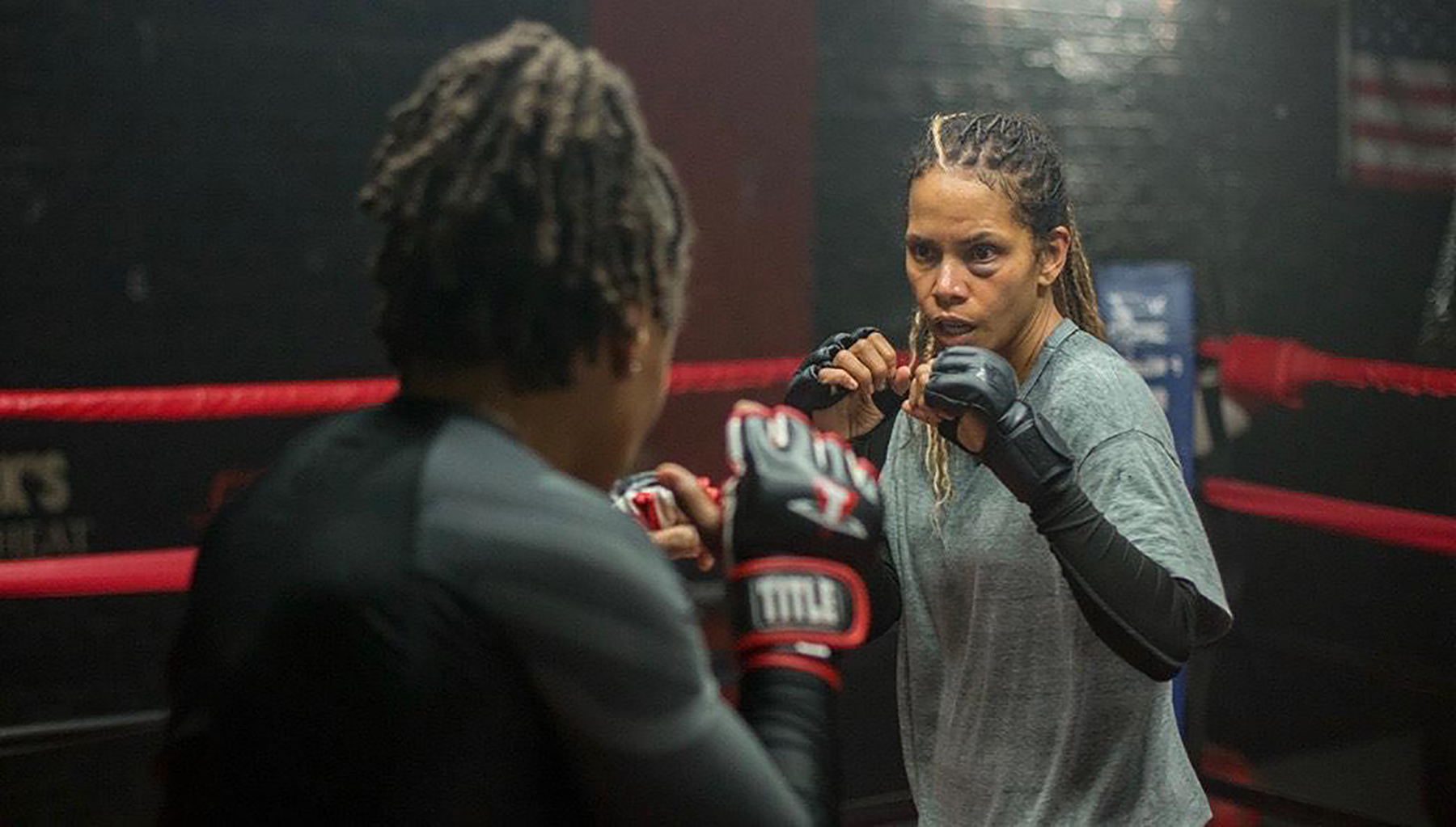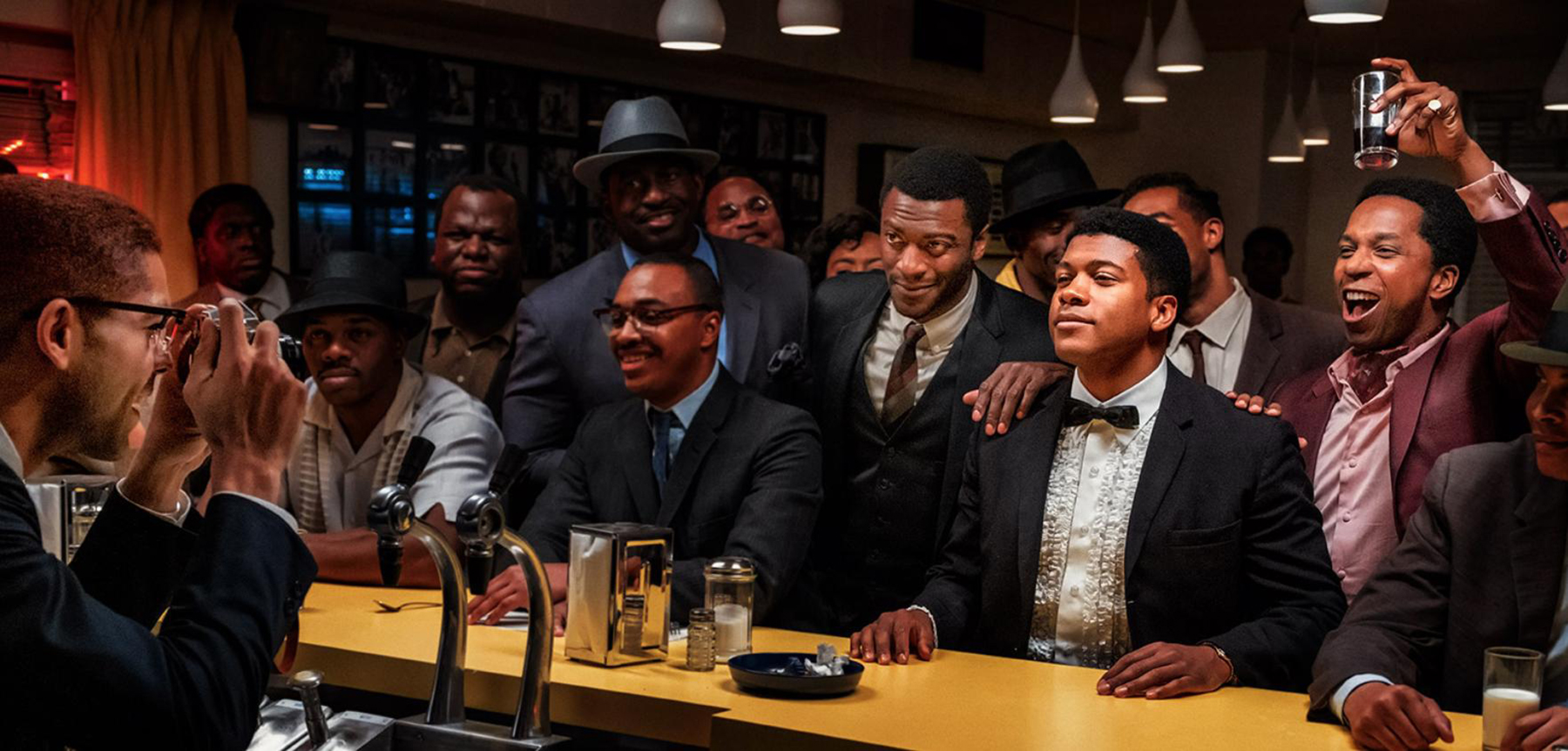
- Festivals
TIFF 2020 and the “5050×2020 Pledge” to Screen More Women Directors
While women accounted for 51% of all moviegoers back in 2019, of the 100 top-grossing films that year, only 10.7% were directed by women. The Toronto International Film Festival (TIFF) is helping to level that playing field. Under a mandate birthed at Cannes in 2016 entitled the “5050×2020 Pledge”, Film Festivals from around the world were encouraged to year directed by women (2019 had that percentage at 36%).
“We’ve reached a watershed moment where the entire film world is embracing the fact that women’s voices have been underrepresented for too long,” states Cameron Bailey, TIFF’s co-head and artistic director. “Now is the time where we can bring more of these films to the fore.” For Bailey, the decision stems from conversations about how women represent women’s stories and perspectives in movies.
The idea took shape back in 2018 when TIFF brought on board Joana Vincente as co-head and executive director. And while she hopes her position is impacting, she acknowledges there is still a lot of work to do.’ As she has noted. ‘If you look at a film school, usually half of the class is made of women, so there is a drop we’re seeing.’
The results of Vicente and Bailey’s mission is evident in perusing the 2020 lineup, which includes such diverse voices as Chloe Zhao for Nomadland, Mira NairA Suitable Boy, and Tracey Deer for Beans. But it is the presence of two Oscar and Golden Globe-winning actresses, both women of color, who are presenting their directorial debuts, that has both critics and consumers talking.

In Toronto, Halle Berry unveils Bruised and Regina King brings


“I had a normal’>Monsters Ball. “I realized that if we don’t do that for ourselves, chances are (it) wasn’t going to happen.”
color:black’>“I want to see the human spirit soar. I want to see someone rise above obstacles and still be standing at the end of the day. We’re all struggling to survive and get it right and show up for ourselves and for our family. So, there were so many things about it that felt like what I instinctively knew, but my job now was to figure out how I could convince the producers who had the rights to this movie, that they should let me reimagine it for a middle-aged black woman and how I could play this fighter and how I could tell this story.”
color:black’>After being awarded Best Supporting Actress for her performance in If Beale Street Could Talk, the actress was actively looking for an opportunity to direct a feature film, especially a narrative that felt like a love story set in a historical backdrop. Her agent responded with the script for One Night in Miami and King was hooked.
color:black’>Although she had directed episodic TV before, King had never helmed a feature, but she set her eyes on the prize. Meeting with Kemp Powers, who wrote the screenplay based on his stage play, the actress came in with a solid vision of what she believed the movie should be.

